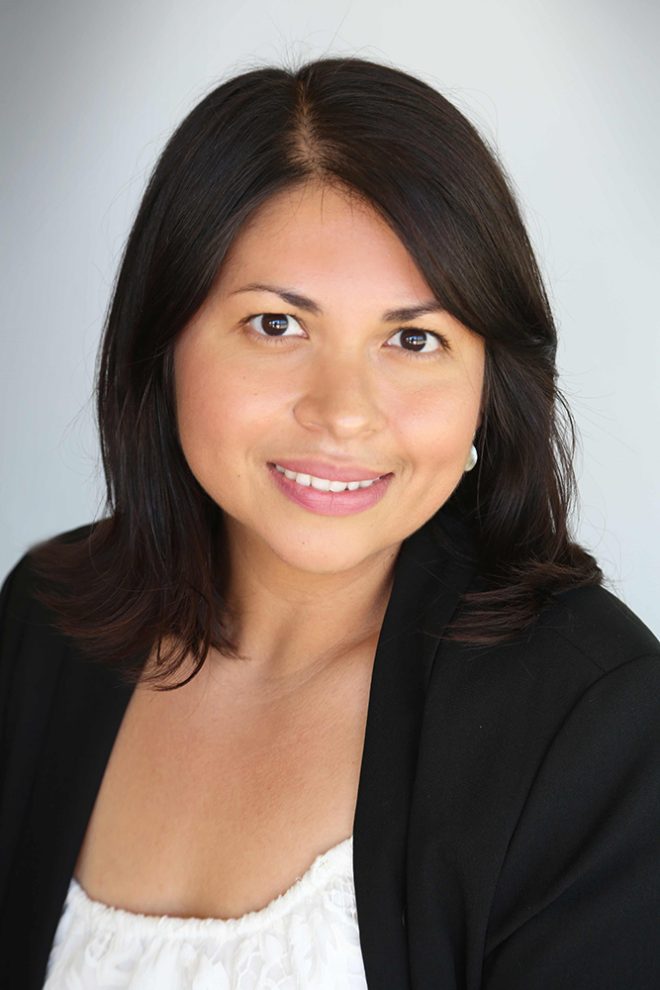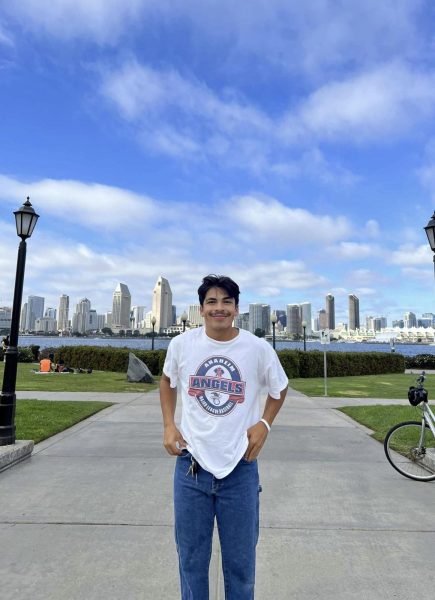Dr. Daisy Gonzales, Deputy Chancellor of the California Community Colleges, spoke to a diverse audience at the SDCCD’s Chancellor’s Forum recently. She shared her background, leadership philosophies, and vision for fostering supportive and equitable environments within the community college system. Gonzales is in charge of 116 community colleges that serve more than 1.9 million students and is the head of the biggest public higher education institution in the country. At the forum, she highlighted her student-centered approach and dedication to creating an atmosphere where all children can succeed.
Gonzales emphasized her connection to the California Community College system in response to questions asked during the discussion. She described herself as a proud alum who enrolled in a community college at the age of 15. She discussed her life-changing experience as a child in the foster system and emphasized the significance of a feeling of community with staff, teachers, and students at community colleges. “I am a servant leader who believes that every student can succeed,” Gonzales declared. “It begins with a sense of belonging for our students, faculty, and staff.”
Giving her insight into a question concerning meeting the needs of different student populations, such as undocumented people and former foster children, Gonzales highlighted her background in creating programs at the state level. She stressed the need for intervention programs to have sufficient funding while keeping her eyes on the bigger picture of institutional transformation and the development of a culture of belonging. “[San Diego] doesn’t wait around for special populations to be defined by the federal and state governments. Here, I have seen a dedication to action and inclusivity,” Gonzales said.
Gonzales underscored her collaborative methodology, wherein she operated in close conjunction with esteemed programs such as Puente and Umoja, whom she characterized as pioneers and authorities in the provision of services for special populations. While recognizing the importance of initiatives such as EOPS (Extended Opportunity Programs and Services), she highlighted that providing resources was merely the initial phase in effectively addressing the requirements of diverse student populations.
“At the statewide level, I have expanded multiple programs, not just making sure that we can have the cost of living adjustments as a part of the programs, but working in the community with an entire system to advocate for programs to be expanded.”
She drew attention to critical intervention programs by highlighting emerging innovations such as LGBTQ+ centers as pilot programs and the scholars’ initiative NextUp. Gonzales stressed the critical nature of promptly implementing remedies and procuring necessary funds to bolster these endeavors.
Then, Gonzales redirected attention to more comprehensive community strategies, with an emphasis on affordable housing. She disclosed her participation in a task force that advocated for the inclusion of affordable housing in California’s community colleges as a fundamental obligation and component of their mission. She elaborated that this initiative was executed as a component of a more comprehensive plan to secure financial support and fulfill the state legislature’s pledge to finance affordable housing.
The conversation also encompassed direct assistance for students, with Gonzales endorsing the San Diego Promise program and proposing supplementary initiatives such as the College Corps, which awards students a $10,000 scholarship in exchange for their community service. She underscored the significance of maintaining an environment that promotes diversity, equity, inclusion, and accessibility (DEIA).
Gonzales enthusiastically discussed her work since 2018 in response to a query regarding recruitment and retention with a DEIA focus, highlighting her collaborations with the Academic Senate, Student Senate, labor partners, and classified professionals. She delineated the endeavors undertaken at the statewide level, encompassing the construction of regulatory remedies, allocation of $50 million towards innovative initiatives, and implementation of professional development and technical support. She defined DEIA as her scholarly specialty in sociology.
During the conversation, Gonzales reaffirmed her dedication to ongoing education and change, drawing attention to how DEIA initiatives developed in light of student input throughout the pandemic. She advocated for a comprehensive approach to DEIA in which anti-racism and accessibility were incorporated into policies and procedures.


